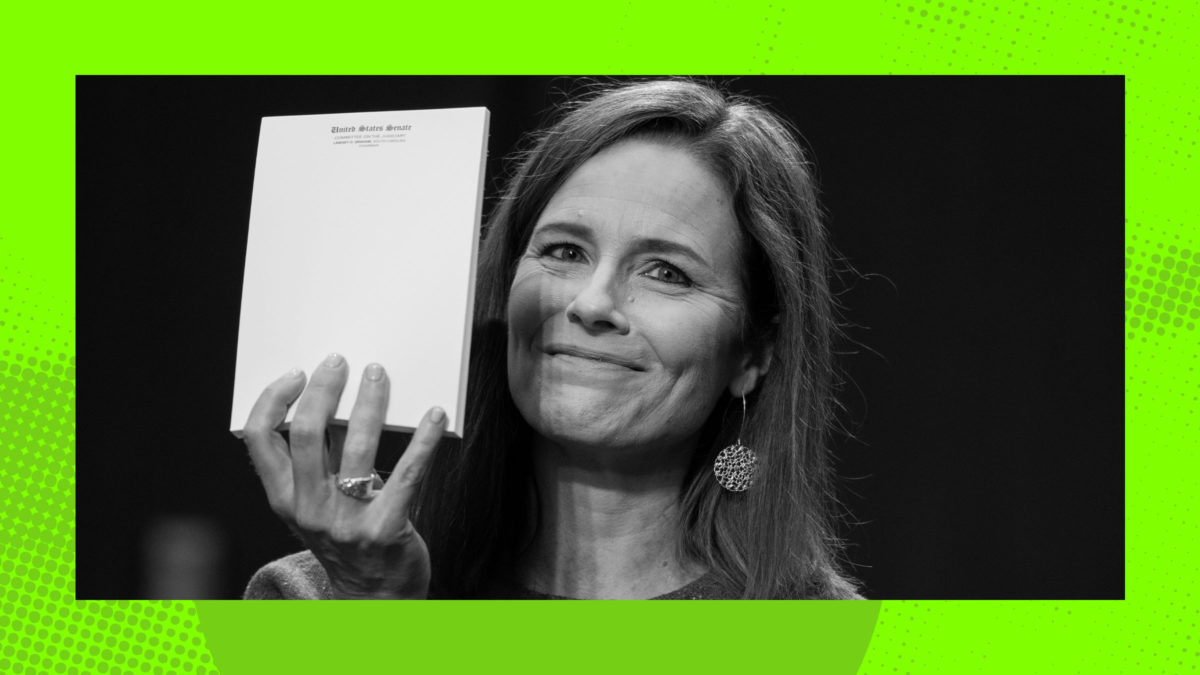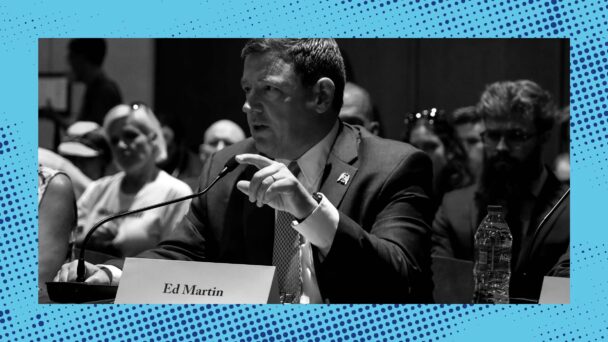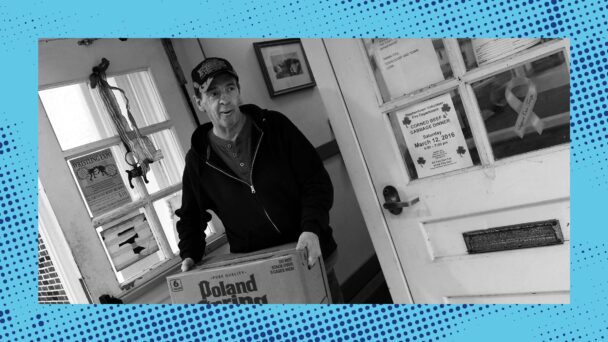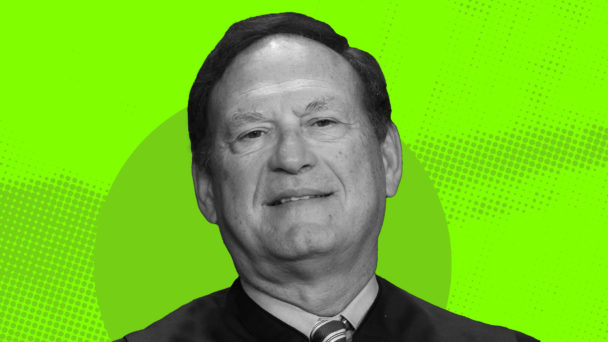On Thursday, the Supreme Court Marshal’s office released the results of its investigation into the infamous leak of Justice Samuel Alito’s draft opinion in Dobbs v. Jackson Women’s Health Organization, which the Court, in a preface to its report, calls “one of the worst breaches of trust” in the institution’s history. (The leak, not Dobbs itself.) The report spends a lot of time scrutinizing the actions of Court “employees,” all of whom the Marshal seems to have treated as its primary suspects. It all but ignores nine other potential candidates, whom it treats as beyond reproach.
The report begins by delineating the scope of the Marshal’s investigation, which, it says, “focused on Court personnel—temporary (law clerks) and permanent employees” who likely had access to the draft between the time of its initial circulation in February 2022 and Politico’s publication of the draft in May 2022. As Law Dork’s Chris Geidner noted, the details are a little fuzzy here, but the report specified that “in addition to the Justices, 82 employees had access to electronic or hard copies of the draft”—phrasing that strongly suggests a distinction between “employees” of the Court and the justices who sit on it.
From there, the report goes into great detail about the investigative gauntlet to which those employees were subjected. They sat for interviews with investigators, who told them they could lose their jobs if they failed to cooperate. They signed affidavits disclaiming knowledge of the leak, and handed over phone, email and print records, and Court-issued laptops. In some cases, they voluntarily provided personal phone and text records and billing statements, none of which revealed anything of note. Investigators even pored over employees’ legal research histories, just to see if anyone had the terrible idea to Google “consequences of leaking a Supreme Court opinion” on their work computer.
OK, so, I just finished the Marshal’s report. It’s wild. But, at the end of the day, this is really all that matters: The justices themselves were not asked questions or investigated, per what I gather from the Marshal’s report. pic.twitter.com/6Dl29JiE9D
— Chris “Subscribe to Law Dork!” Geidner (@chrisgeidner) January 19, 2023
If the justices were subject to anything remotely equivalent, the report is silent about it. Large chunks of the report suggest that many of their actions were beyond the reach of investigators, since the Court apparently uses an ancient IT system that doesn’t allow for much by way of tracking. Per the report, investigators were unable to conclusively determine whether anyone emailed the draft to an unauthorized recipient, or downloaded it to a thumb drive. Dozens of printers in the Court building, including many in the justices’ chambers, are unconnected to the Court’s network, which limits the available record of who may have printed what, and when. The report concludes by noting that “too many personnel” have access to sensitive documents, and that “no universal written policy or guidance” on how to handle these documents exists.
The absence of suspicion towards the justices is strange considering the recent ethics scandals that implicate the Federalist Society-affiliated side of the bench. Earlier this year, the former anti-abortion leader Rev. Rob Schenck told The New York Times that Justice Samuel Alito or his spouse, Martha-Ann, leaked the results of a landmark Supreme Court opinion concerning contraceptive access to wealthy donors in 2014. Ginni Thomas, the wife of Justice Clarence Thomas, is a prominent conservative activist who is linked to many of the anti-choice organizations that lobbied the Court to overturn Roe v. Wade. Schenck later testified that Thomas had offered him private words of encouragement: “Keep up what you’re doing,” Schenck says Thomas told him, because “it’s making a difference.”
The investigators made all the employees they interviewed sign sworn affidavits that they didn’t disclose any information about the Dobbs opinion—which is how they elicited some confessions that people confided with their spouses about it. pic.twitter.com/EiIN5GSCNM
— southpaw (@nycsouthpaw) January 19, 2023
The Marshal’s report ultimately revealed the Court’s treatment of the justices as quasi-royalty who never have to fear accountability for anything. In their affidavits disclaiming responsibility for the leak, some extra-scrupulous Court employees admitted to sharing details about the draft with their spouses, and amended their affidavits accordingly. Yet despite well-sourced, on-the-record, credible reporting about the allegedly illicit activities of multiple conservative Supreme Court justices and/or their spouses—people with the motive to leak the draft and the means to do it—it doesn’t appear that this much-heralded “investigation” even caused them to break a sweat.
There is no evidence that this kid-gloves treatment will change anytime soon. Chief Justice John Roberts has long resisted calls for a binding code of ethics for Supreme Court justices, insisting that the institution is capable of regulating itself. The events of the last few years demonstrate otherwise. The results of this “investigation” demonstrate that no one in power has any interest in fixing it.
Update: On Friday afternoon, the Marshal’s office released the statement below. The Marshal says that no “credible leads…implicated the Justices or their spouses,” and that the office “did not believe it was necessary to ask the Justices to sign sworn affidavits.” Because as we all know, whenever, say, Clarence Thomas swears to tell the truth, you can take that to the bank.
Supreme Court marshal says she “spoke with each of the justices” during the investigation into the leak but “did not believe that it was necessary to ask the Justices to sign sworn affidavits.” pic.twitter.com/HmqLtwGpw7
— Mark Joseph Stern (@mjs_DC) January 20, 2023




